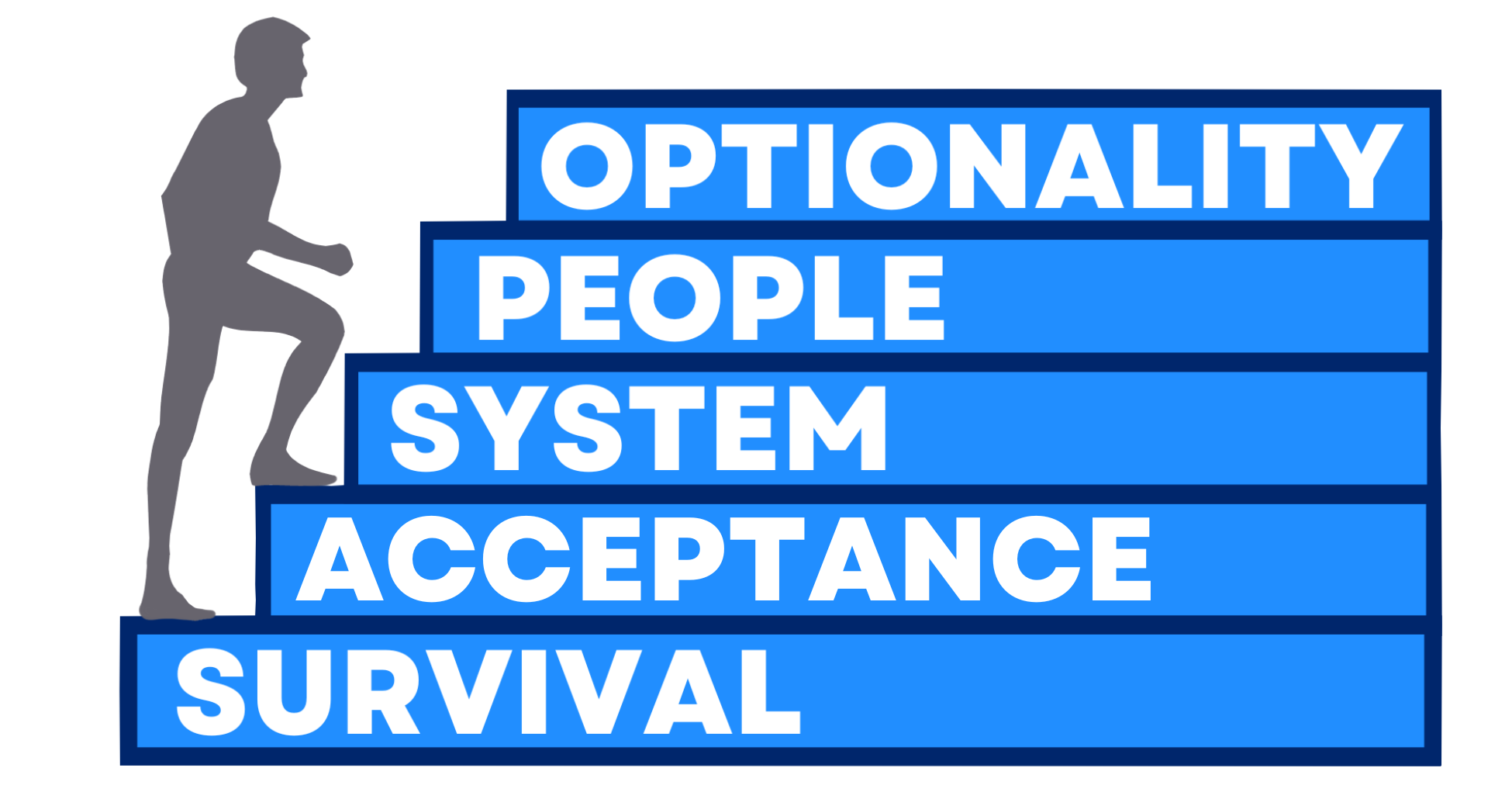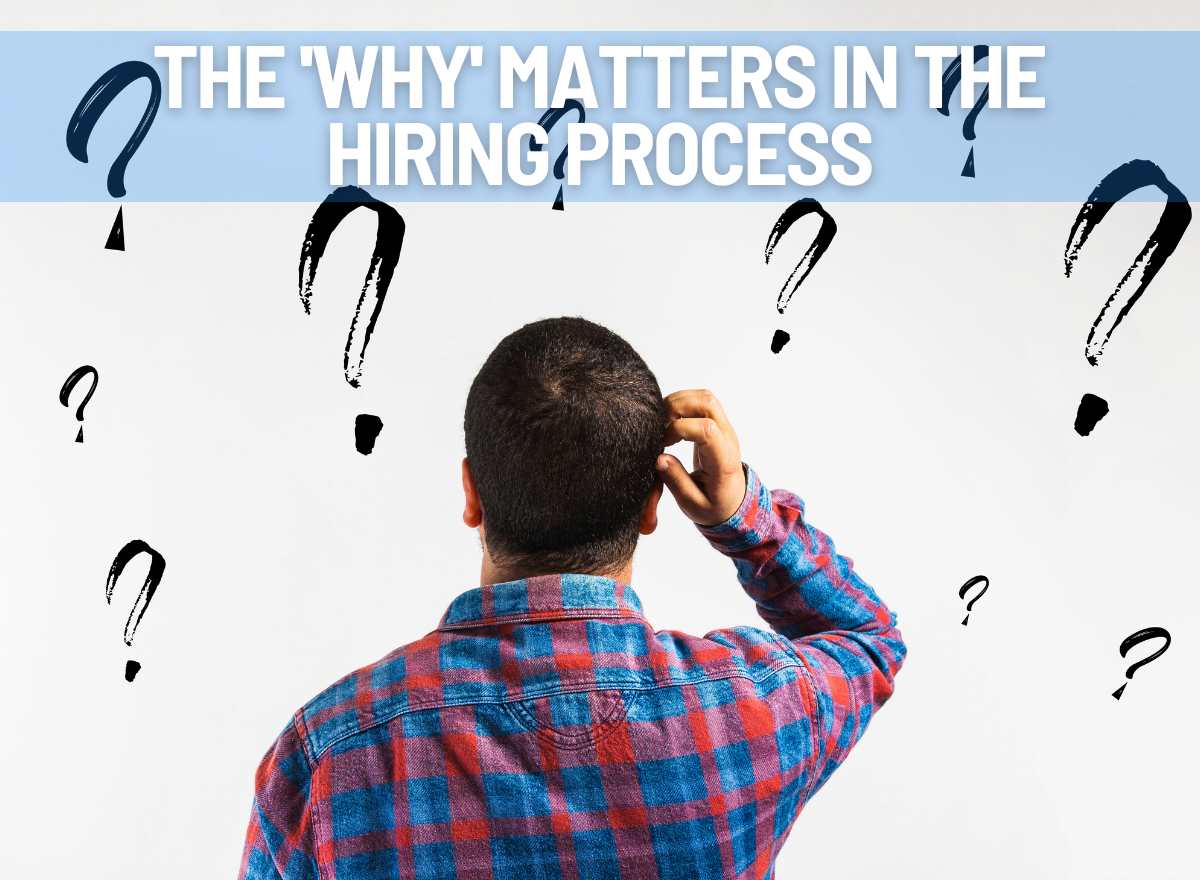Evaluating Behavioral Attributes in Interviews

Most of your questioning time during an interview with a candidate should be invested in gathering evidence that will help you judge their performance in the role for which you are hiring.
To do this, you first need to know what you’re looking for in terms of specific attributes that you believe will result in success in the role.
Assuming you understand what you need to uncover, your questioning technique will be focused on gathering evidence on the attributes that are most important for the position you are trying to fill. If you framieup your questions by asking for examples, you can lead the candidate to tell you about situations from their past and what they have done and said in those situations. This is gold!
Your job is to listen and probe to go deep enough to get a good understanding of how they have behaved in the past.
Let’s say one of the attributes for success is an ability to relate to customers effectively. By asking about a time in the past when they had to handle an unhappy customer, you can learn about how they would handle a similar situation in the future.
This is all based on a fundamental principle: we tend to behave tomorrow in a similar way to how we behaved yesterday. In humans, past performance predicts future results.
By listening carefully and asking clarifying questions, your job is to clearly understand what happened so that you can form a good judgment about the particular attribute you are focusing on.
Candidates aren’t always good at telling stories, however. So redirecting or asking for more information may be needed to give you a complete picture. Sometimes, the candidate will need a few minutes to recollect a good example for you – give them the time they need to do this without pressure – you will get a more useful answer if you do.
Your evaluation of the evidence you’ve gathered is best done right after the questioning while the answers are fresh and your notes still have meaning to you. Close the door, look at your notes and form your judgments for each individual attribute you want to cover. Some questions to ask:
- Is there enough evidence to form a judgment?
- How do they compare to others you have questioned on this?
- Does their past behavior fit with what you would want them to do if a similar situation arose in your business?
Sum it up with a rating – we have a five point rating scale to help score each candidate on each attribute – to help you form an overall rating that you can use to compare candidates and make your selection.






